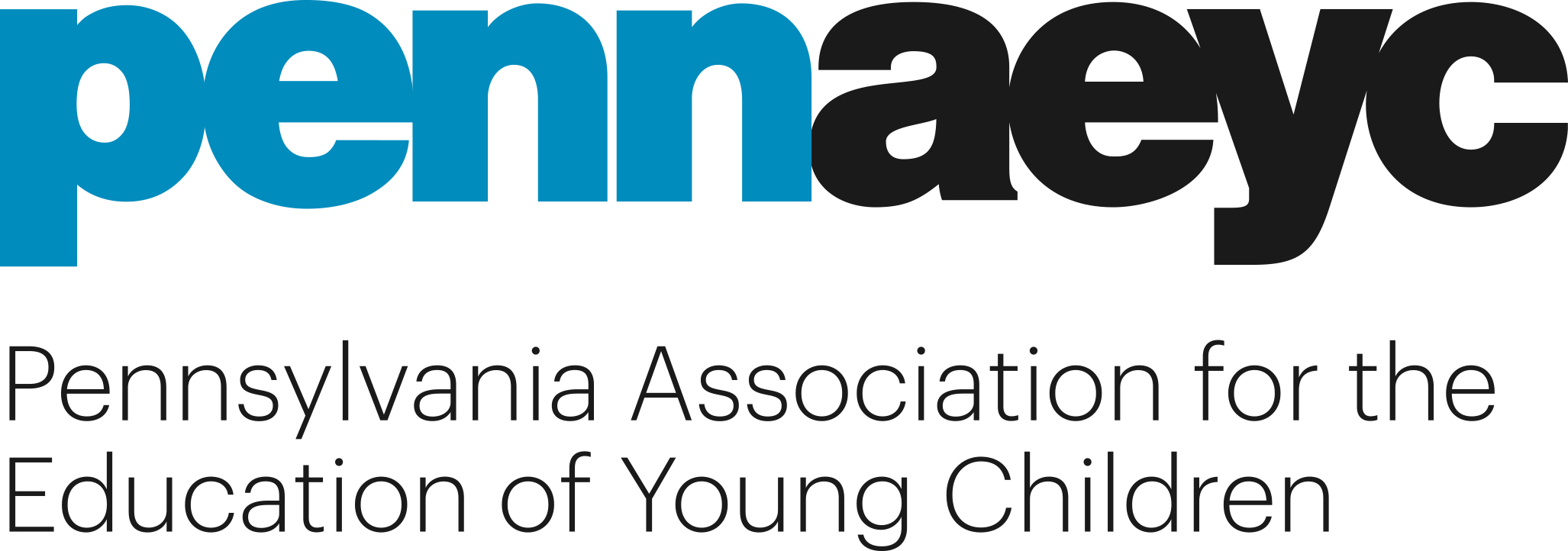Budget and policy decisions at the federal level have a deep impact at home in Pennsylvania. Improving the early care and education system at the national level will result in improvements in the commonwealth too. Read below for updates and information about our federal policy and advocacy work.
Federal Public Policy
Position Statements on Federal Policies can be found here.
Federal Fiscal Year 2025 Budget
- Child Care and Development Block Grant - $8.75B
- Head Start and Early Head Start - $12.27B
- Preschool Development Grant Birth Through Five program: $315M
- IDEA Part B Preschool Grants: $420M
- IDEA Part C Grants for Infants and Toddlers: $540M
Proposals PennAEYC Supports and is Tracking
The Child Care Nutrition Enhancement Act and The Early Childhood Nutrition Improvement Act, sponsored by Rep. Bonamici (OR), Rep. Landsman (OH), and Sen. Blumenthal (CT) would increase the meal reimbursement rate for child care programs, ensure parity in reimbursements for family child care with child care centers (currently family child care receives a lower rate), reimburse for one additional meal per day when the third meal is offered 8 hours after the first meal (currently only two meals and one snack are reimbursable), among other improvements to the program. For additional information go here.
The Building Child Care for a Better Future Act, sponsored by Senators Ron Wyden (OR) and Elizabeth Warren (MA) would expand mandatory child care funding by increasing annual funding for the Child Care Entitlement to States (CCES) to $20 billion per year (a $16.45 billion increase per year). Currently, CCES funding is so low that only 15% of children eligible for CCES support under federal rules and 22% of children under state rules are being served. It also establishes new mandatory funding to the CCES annually ($5 billion) to provide grants to improve child care workforce, supply, quality, and access in areas of particular need. For additional information go here.
National Early Care and Education Federal Policy Resources
- National Association for the Education of Young Children
- America for Early Ed
- Child Care Aware of America
- Center for Law and Social Policy Child Care and Early Education
- Early Care and Education Consortium
- National Child Care Association
- National Women’s Law Center
- New America Foundation Early Education Initiative
U.S. Health and Human Services
